Here’s a milestone I never thought I’d reach: According to PEN America (via Harpers), a book I wrote, Feynman, with art by Leland Myrick, is banned in Missouri. Baffling!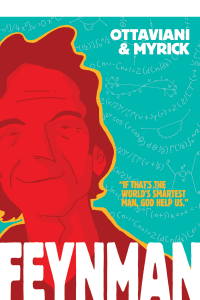
I’m proud of the book, and Leland is a terrific artist and a Missouri native, so…while I can’t think of this as an honor, looking at everything else on the list I’m glad I’m in such good company.
As for book bans in general, I have nothing original to say, but I’ll say the unoriginal part here anyway. They’re foolish and counterproductive.
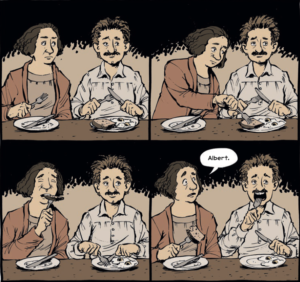 what
what 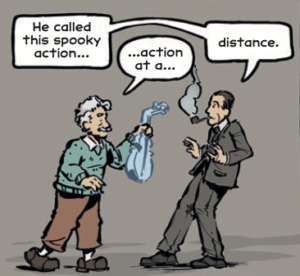 I’ve recently read a few terrific books that are worth telling people about. So let me tell ya…
I’ve recently read a few terrific books that are worth telling people about. So let me tell ya…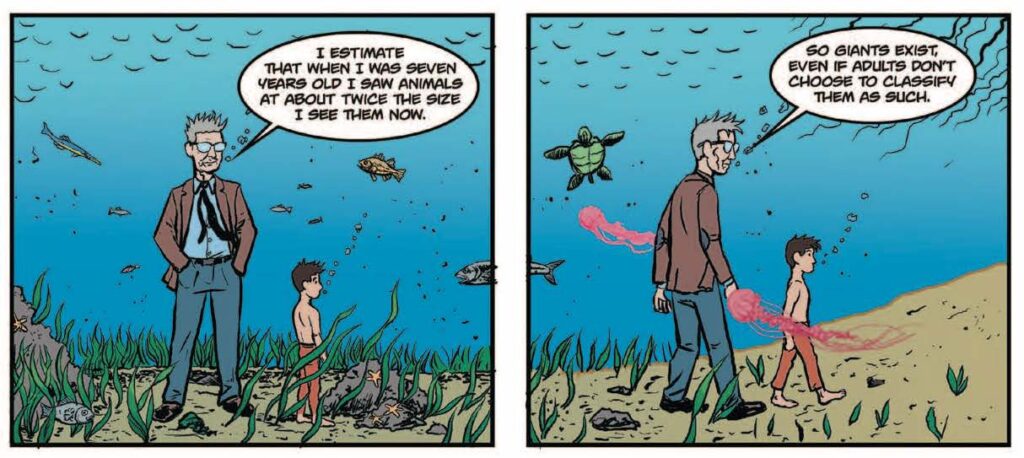
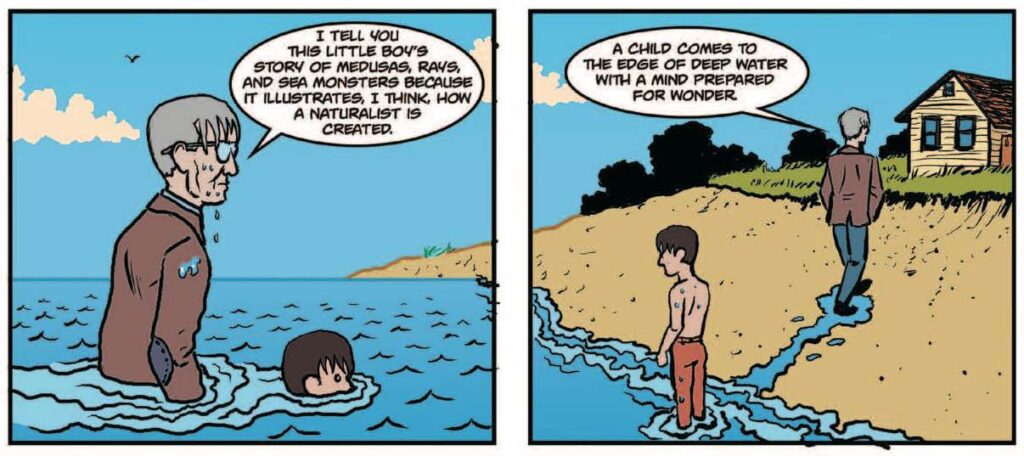 You can
You can 
